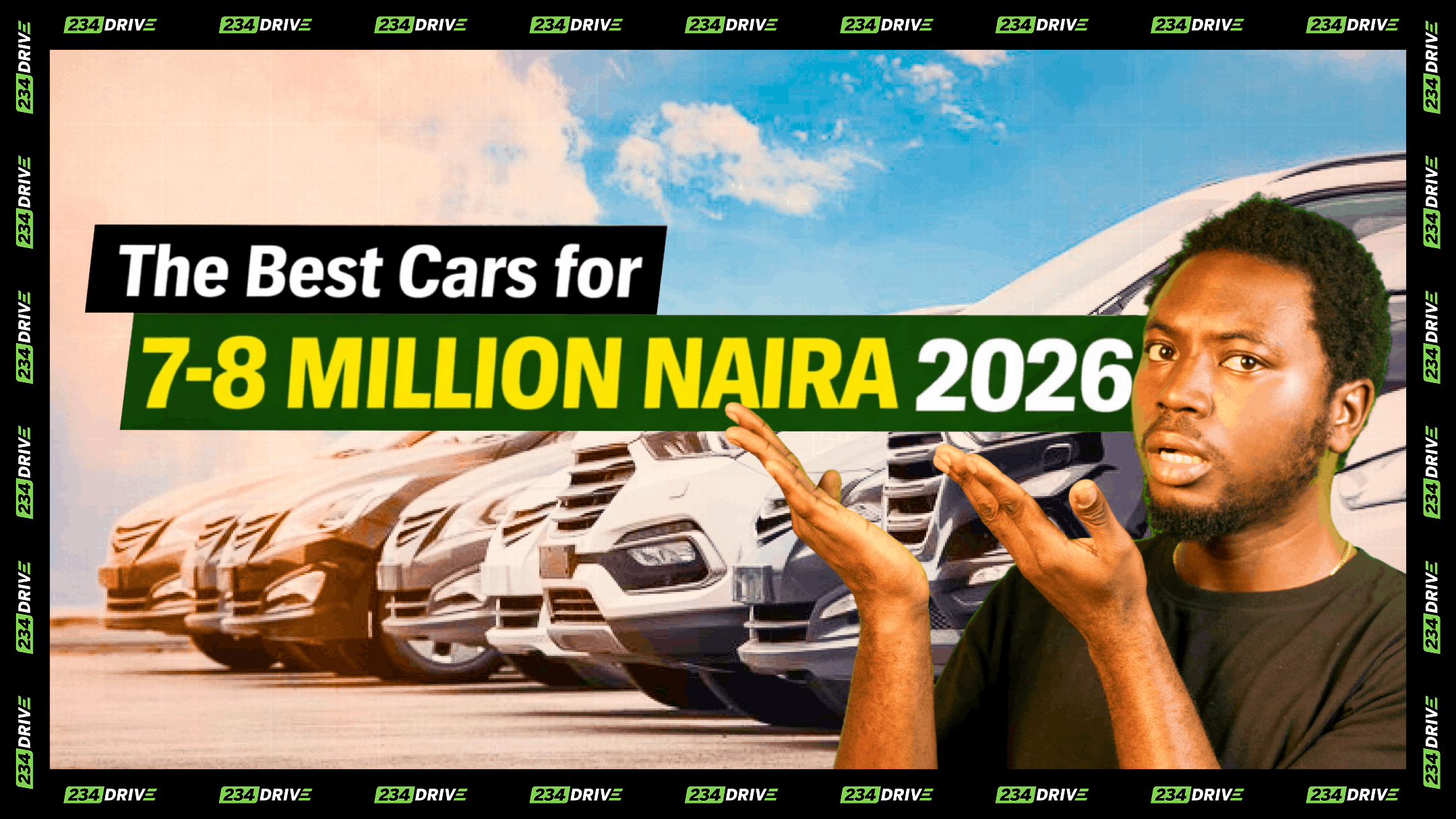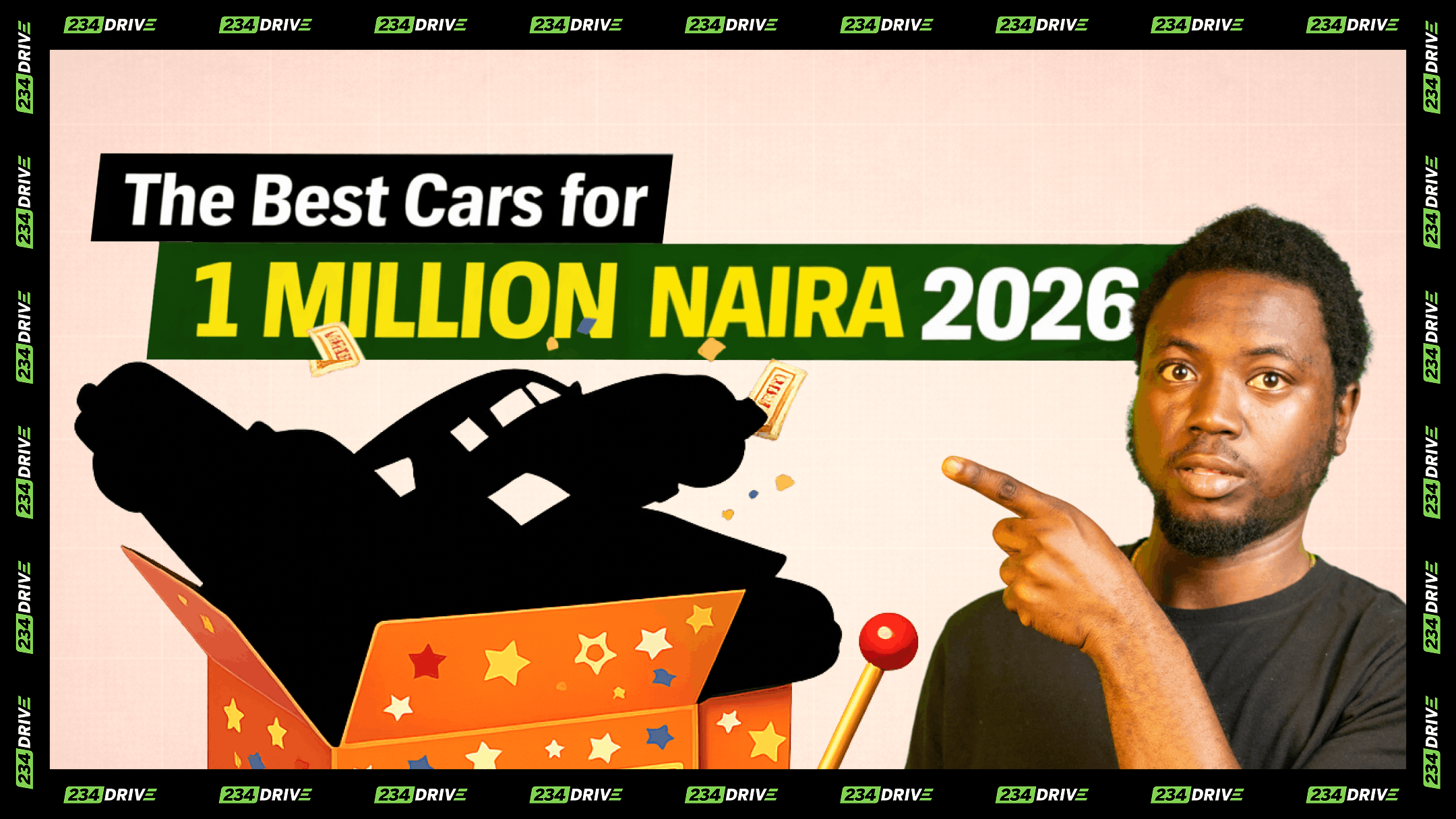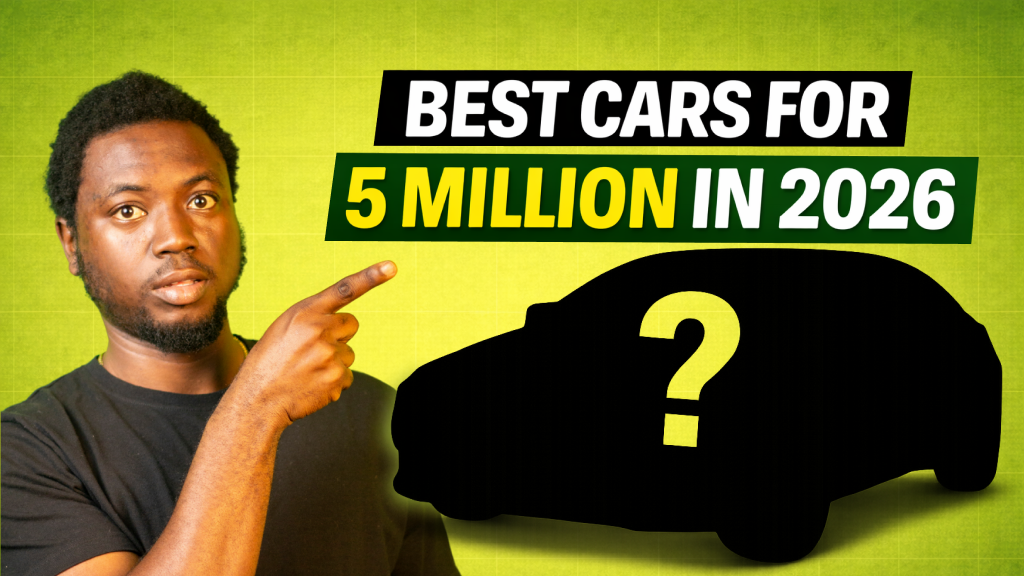Choosing the right car for ride-hailing in Nigeria is a strategic decision that directly impacts your income. For Bolt drivers, fuel efficiency, durability, and low maintenance costs are essential. Every trip affects your bottom line, so you need a vehicle that delivers consistently without draining your resources.
Beyond the daily operational benefits, selecting the right model also influences customer ratings, repeat bookings, and overall driver satisfaction. The right vehicle helps you spend more time on the road and less time in the mechanic’s workshop, protecting your income and giving you an edge in a demanding market.
Toyota Corolla for Bolt in Nigeria
The Toyota Corolla has built a reputation as one of the most dependable and efficient sedans in the Nigerian market, and it’s no surprise that it tops the list for Bolt drivers. Known for its balance of affordability, reliability, and passenger comfort, the Corolla offers a practical solution for drivers who need a car that can handle daily use without excessive fuel or repair costs. Its widespread availability of spare parts and strong resale value make it not only a workhorse but also a wise financial investment for ride-hailing professionals.
Toyota Corolla Performance for Bolt in Nigeria
The Toyota Corolla delivers reliable performance for both city commutes and highway trips. Most Bolt-approved models feature a 1.8-litre engine producing around 139 horsepower and 126 lb-ft of torque, offering enough power without sacrificing efficiency. With fuel economy reaching up to 30 miles per gallon, it keeps operating costs in check. On Nigerian roads—whether tackling pothole-heavy streets or smoother expressways—the suspension remains stable, maintaining a comfortable experience for drivers and passengers.
Interior and Technology for Bolt in Nigeria
The cabin of the Toyota Corolla is built with both practicality and comfort in mind, making it ideal for long ride-hailing shifts. A straightforward dashboard layout ensures controls are easy to reach and operate, allowing drivers to focus on the road. Air conditioning remains effective even under Nigeria’s intense heat, keeping passengers comfortable in all weather conditions.
Many models come with infotainment systems offering Bluetooth connectivity, USB ports, and steering-mounted controls, making it easier to handle calls, play music, or use navigation without distraction. Seating is well-padded, with enough legroom for passengers in both the front and back. The materials used are durable, able to withstand daily use, and the sound insulation reduces outside noise, creating a more pleasant ride experience.
Matching Bolt’s Requirements
Before buying, always check Bolt’s latest rules. Basic vehicle criteria often include:
- Year: 2002 or newer for sedans; 2001 or newer for SUVs.
- Condition: Clean, working AC, no major cosmetic damage.
- Functionality: Seatbelts, lights, and horn must all work.
Specific cities also have their own requirements. For example:
Abuja Comfort category: Vehicles must be 10 years old or newer.
Lagos Lite category: 2002–2004 models permitted.
Exterior Design and Practicality for Bolt in Nigeria
The Corolla’s exterior blends modest style with everyday usability. Its compact build makes it easy to handle in congested traffic, yet it’s sturdy enough for demanding use. The aerodynamic profile helps with fuel efficiency, and the paintwork holds up well over time. Features like wide-opening doors and decent boot space meet ride-hailing needs.
Cost Efficiency and Maintenance
Against competitors like the Honda Accord, Toyota Camry, and Honda Civic, the Corolla offers one of the most balanced packages in the ride-hailing market. Its low running costs and strong resale value make it a financially sound choice for drivers who want dependable returns over time. Maintenance is simple, with parts widely available and affordable in almost every major Nigerian city.
Even when measured against smaller models like the Toyota Yaris or Hyundai Elantra, the Corolla’s reliability, passenger comfort, and consistent performance place it ahead. It manages to combine efficiency with a pleasant driving experience, giving it an edge that appeals to both new and experienced Bolt drivers looking for a car that can sustain long-term use without inflating operational costs.
Why the Toyota Corolla is the Best Car for Bolt in Nigeria
The Toyota Corolla stands out as the leading choice for Bolt drivers in Nigeria thanks to its strong balance of fuel efficiency, durability, and low maintenance needs. It performs reliably on both city roads and highways, offers a comfortable ride for passengers, and maintains a high resale value, making it a sound long-term investment. Compared to competitors like the Honda Accord and Toyota Camry, it delivers dependable earnings potential with fewer operational headaches.
In the context of Nigeria’s ride-hailing market, the Corolla’s combination of affordability, readily available spare parts, and widespread acceptance on Bolt’s platform makes it highly practical. Drivers benefit from reduced downtime, protection against fluctuating fuel costs, and consistent customer satisfaction. For those seeking a car that can generate steady income while keeping expenses predictable, the Corolla remains a proven and profitable option.










